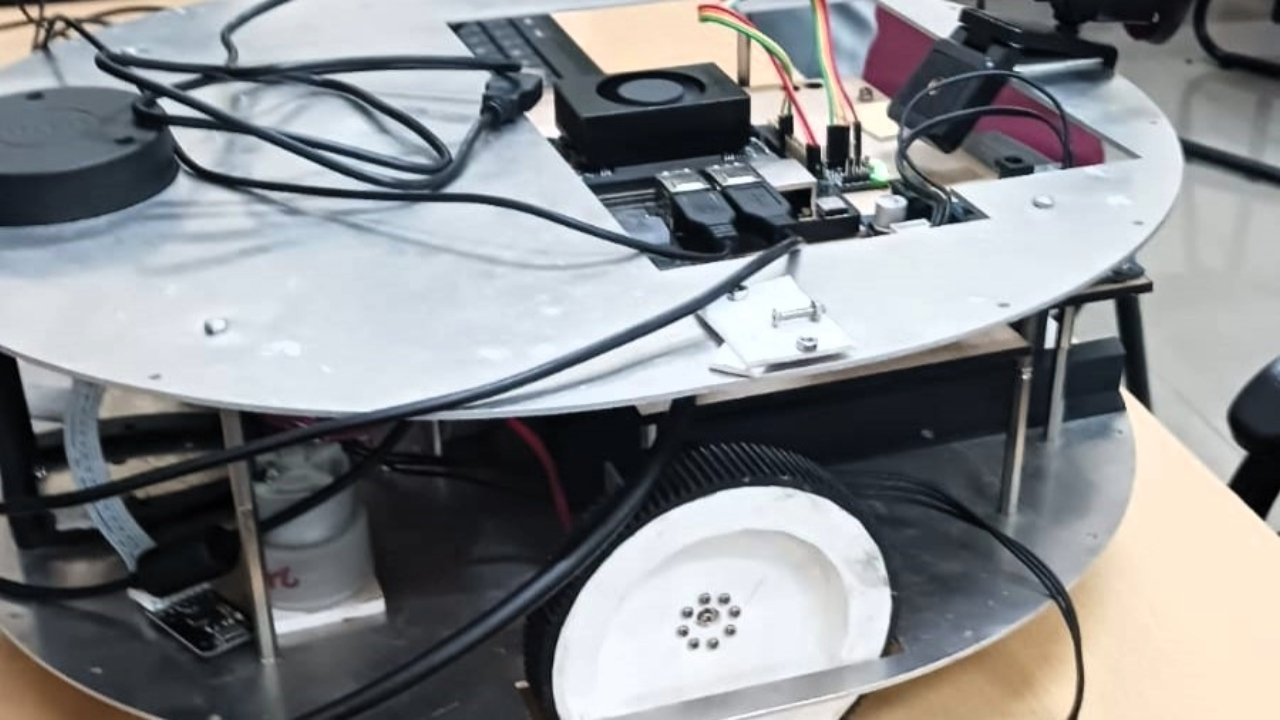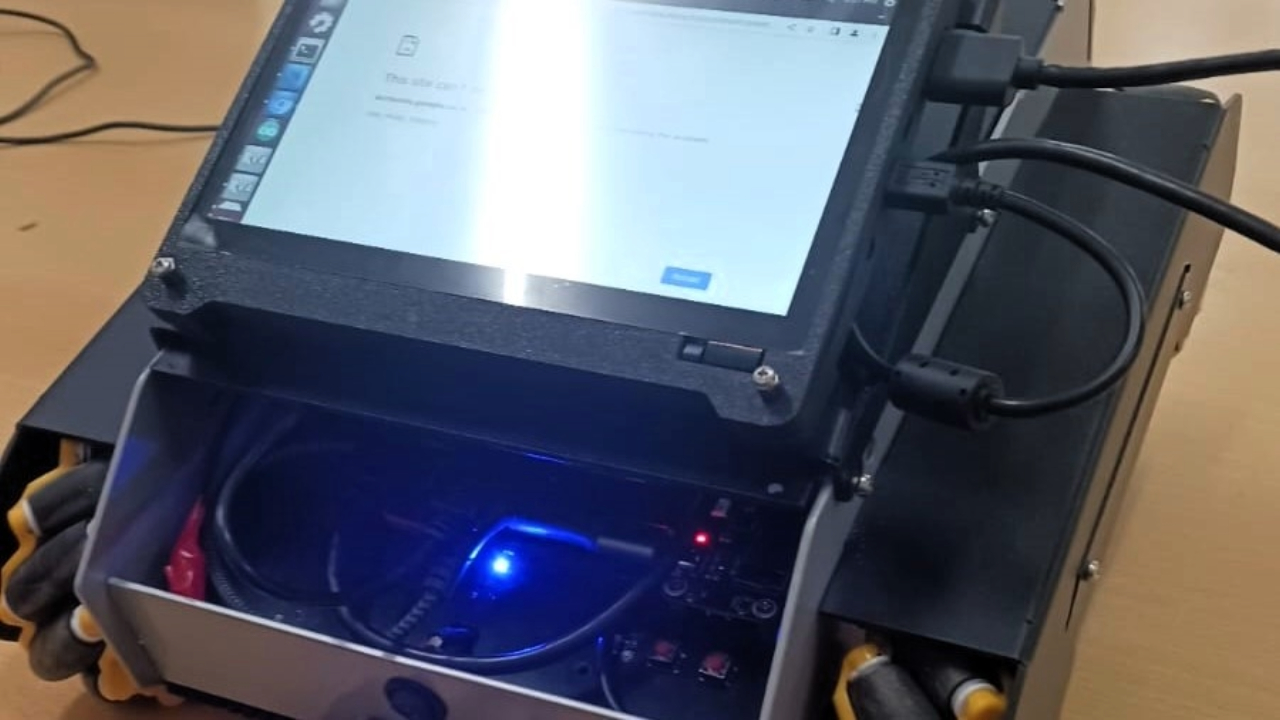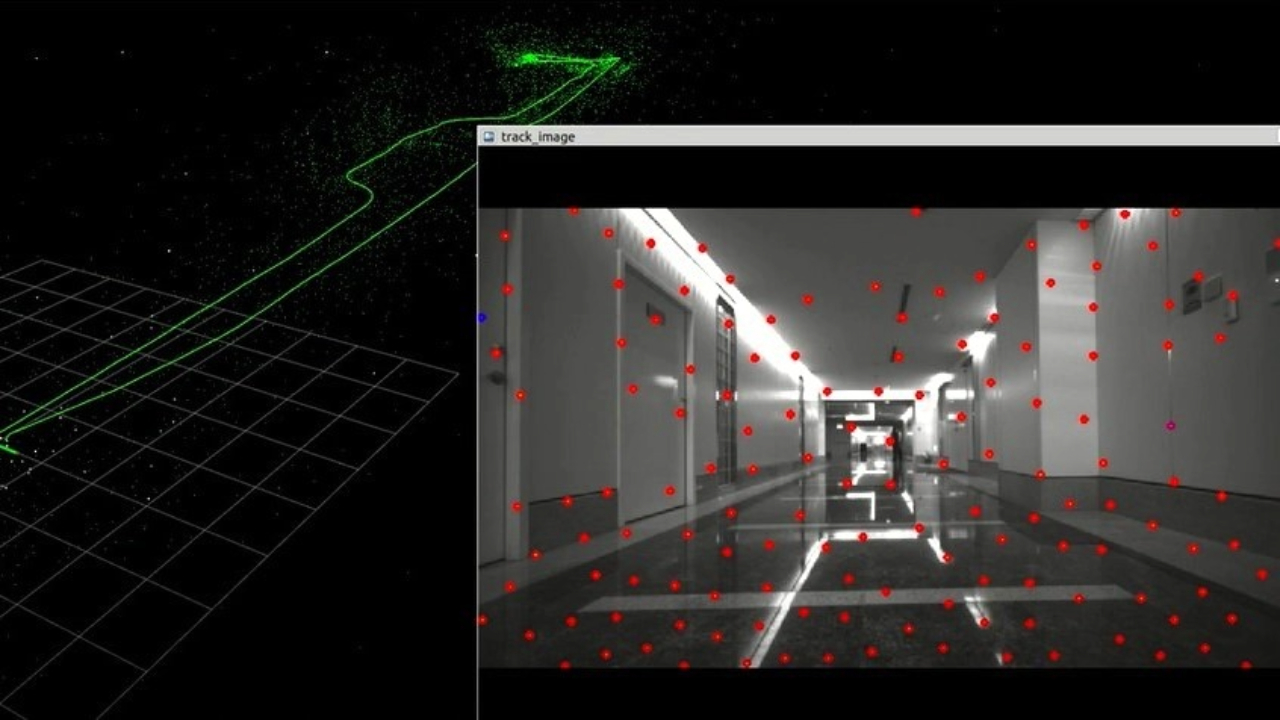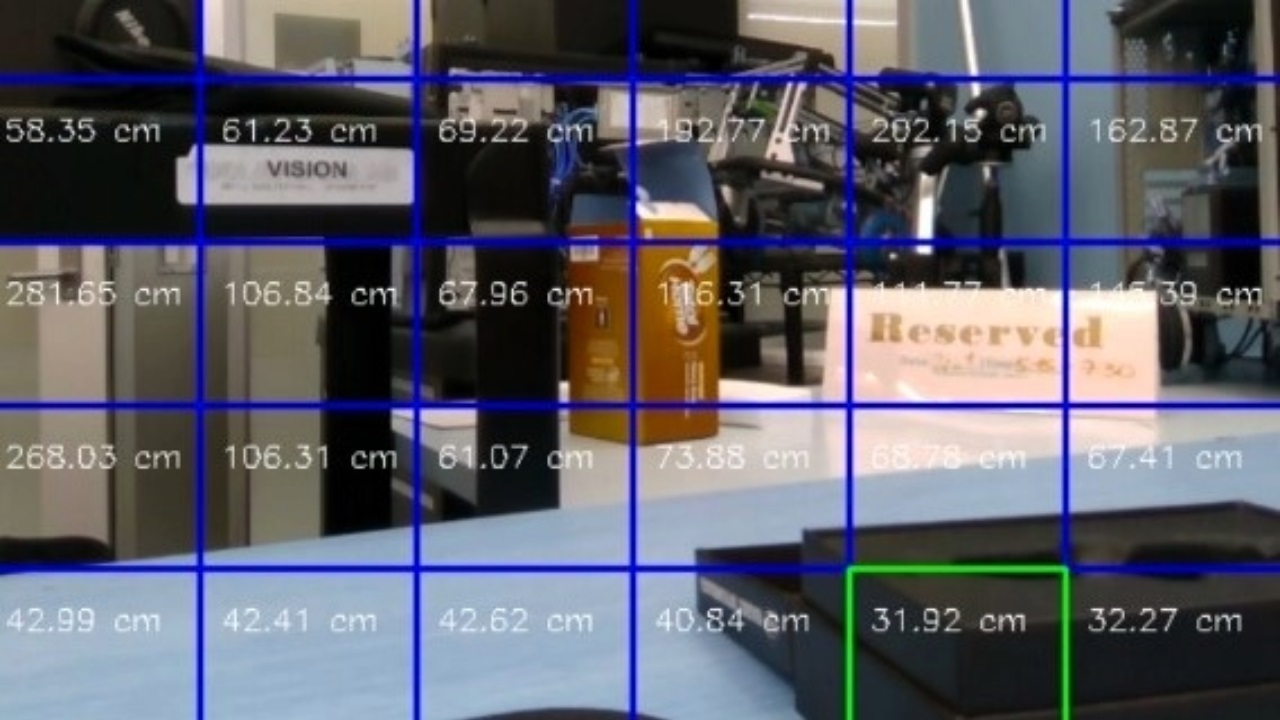Below are some of the key projects I’ve worked on. Each project highlights my focus on practical and innovative software solutions, reflecting my passion for tackling real-world challenges through technology.
AI-Driven Defect Detection System (February 2025 – April 2025)
Internship at CamCom Technologies Pvt. Ltd.
Contributed to an industry project on defect detection in automobile manufacturing. Developed a high accuracy point correspondence algorithm for multi-camera setups, improving feature matching reliability. Developed a 2D-to-3D damage projection system, for enhanced defect visualization. Gained hands-on experience in industry operations and business strategies as a student intern.
Technologies: Python, OpenCV, Open3D, Matplotlib, DepthAnything.
Product Carbon Footprint Tracking System (November 2024 – June 2025)
B.E. Major Project (Capstone Project) at NMIT.
A sustainability project that seeks to encourage eco-conscious purchasing behavior among consumers by offering insights into the carbon emissions of their purchases, empowering them to make informed decisions. The project connects product-level emissions data with consumer purchase records to calculate and monitor the total carbon footprint associated with individual consumption.
The system was developed to align with the United Nations 2030 Agenda on Sustainability Development Goals (SDG), specifically SDG-9: Industry, Innovation and Infrastructure, and SDG-12: Responsible Consumption and Production.
Technologies: Python, MS Excel, MySQL, Figma, Tableau.
Monocular Visual-Inertial Depth Estimator (May 2024 – November 2024)
Implemented a software pipeline for a leading multinational engineering and technology company to upgrade their Robotic Vacuum Cleaner, enhancing navigational efficiency and reducing costs by replacing LIDAR sensors with a monocular camera. Applied AI-driven depth-estimation algorithms for real-time depth mapping and navigation.
Technologies: Python, ChatGPT, ROS, Ubuntu.
Brain Stroke Prediction Model (October 2023)
Developed a Machine Learning model to predict the risk of brain stroke using Random Forest Classifier. Carried out advanced feature selection and preprocessing techniques, delivering 92% accuracy in classifying both positive and negative cases of brain stroke.
Technologies: Python, Anaconda, Jupyter Notebook, Gradio Framework.







